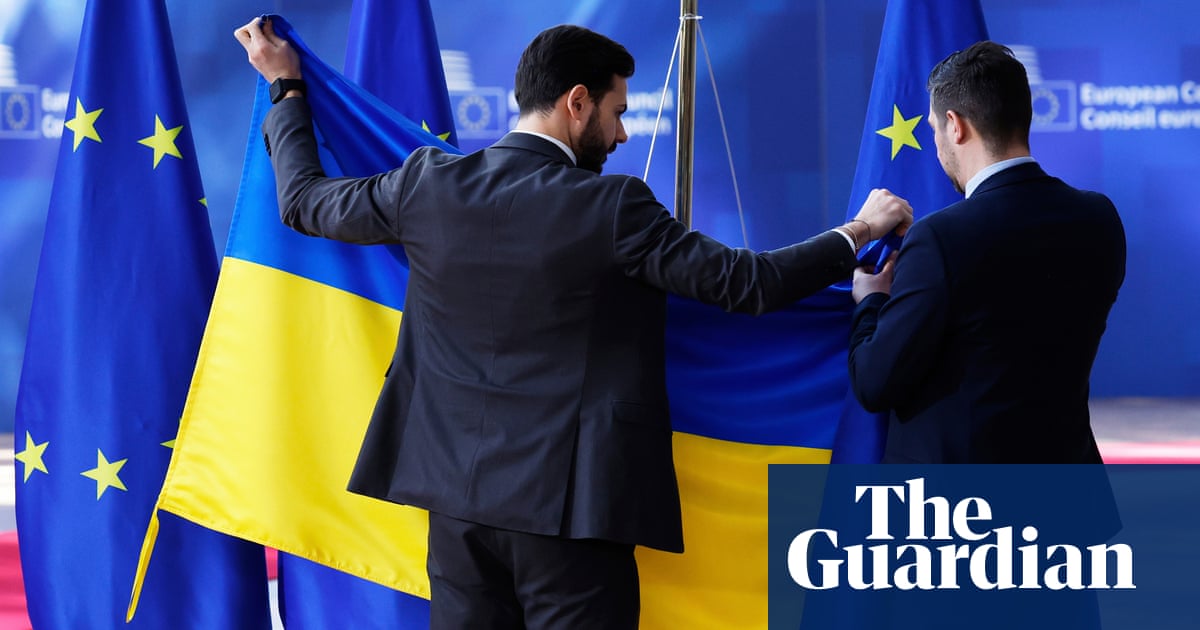Taylor Swift fans are flying to Europe for cheap concert tickets | CBC News

Taking a trip to Europe to see Taylor Swift perform may not seem like an intuitive financial decision — but tickets to a concert in Canada are so expensive some fans are finding that’s a better deal.
Bryan Kingston couldn’t believe it when he snagged floor seats to an upcoming show in London, U.K., for $500 each on a resale website, when he had paid twice as much in Detroit last year.
“I found it was much cheaper,” said the 40-year-old, who works in advertising in Hamilton, Ont.
“The difference in price actually paid for my flight to Europe.”
He’s still spending a sizeable sum. But for Kingston and other Swifties who can afford it, even with the cost of a flight, hotel and ticket, travelling for the concert may end up being better bang for their buck than seeing it in Canada.
He has friends heading to Scotland, Portugal and France, and said he couldn’t pass up the opportunity to combine the concert with a vacation.
“It is honestly the best show I’ve ever been to in my life; otherwise, I wouldn’t be making the trip.”
Pop star supply and demand
Retail tickets for shows on Swift’s record-setting Eras Tour in North America and Europe sold out almost instantly. Many then popped up on resale sites just as quickly. On StubHub, the cheapest seat to a Toronto concert in November right now is listed at $2,822. Yet the cost to get in the door in Stockholm this weekend is just a fraction of that price — $83.
Pascal Courty, an economics professor at the University of Victoria, suggests much of the disparity can be explained by basic economics. The European leg of Swift’s tour boasts 51 shows across 18 cities, accommodating crowds of more than 40,000 each night.
“But the demand in some of these countries is not as strong,” he said. “In Europe, compared to other artists, maybe she’s not No. 1.”
Taylor Swift fans rushed to buy tickets for her six Toronto stops on the Eras Tour, with some emerging victorious and many others walking away empty-handed.
Courty says in Canada, the huge fan base compared to the limited number of shows — at just nine — contributes to the steeper ticket prices on the secondary market.
“If Swift would give a concert every night in Toronto, at some point, the price of the tickets would be very low. It might take 12 concerts, it might take 18 concerts, but there’s a point where the demand is going to be exhausted.”
Resale restrictions
While fans in Europe may still face markups when buying resale tickets, governments there have been taking steps to address ticketing issues. In some countries, including Ireland, Portugal and Denmark, tickets cannot be resold for more than their original price. France has some of the strongest rules, where offenders can be fined thousands of euros.
Sam Shemtob, managing director of the Face-value European Alliance for Ticketing (FEAT), says this shift has made a difference.
“It’s had a really positive effect. You see far fewer listings of tickets being resold for a profit, because the law is quite straightforward.”

That’s not the case in Canada, where there are no national regulations limiting how much profit a consumer can make when reselling a ticket. In this year’s budget, the federal government pledged to crack down on ticket reseller practices that it said unfairly drive up prices, but offered few other details or timelines.
In Quebec, companies need permission to resell tickets above face value. Individuals, however, can still resell a ticket at any price they choose.
Fans like Julia Rawleigh from Calgary, who missed out on the initial sale, have been disappointed by what they call outrageous resale ticket prices.
Thousands of Taylor Swift fans in Canada are travelling to Europe to catch the pop star’s Eras Tour, where tickets are hundreds or thousands of dollars cheaper than for the Toronto and Vancouver tour stops.
“It was really frustrating when the concert tickets first dropped, and then immediately, you know, there were people selling them for thousands of dollars marked up,” she said.
The 27-year-old restaurant manager decided to shake it off, instead making plans to see Taylor Swift’s show in France.
“When we were able to get the Lyon tickets for $250 Canadian dollars, we were super excited. I don’t even think we looked at where the seats were.”
A better way?
Laws that regulate the secondary market are difficult to enforce, according to Courty, who suggested people will always find a way to sell tickets at market value.
U.S. singer-songwriter Billie Eilish is trying to combat the issue during her upcoming tour by making tickets non-transferable, an option offered by Ticketmaster that all artists can choose to implement during their tours.
If fans who purchase tickets in Canada or the U.S. can’t attend the show, they are only permitted to resell them on Ticketmaster at the original price paid. Details for the concert state that “the tour wants to give fans, not scalpers, the best chance to buy tickets at face value.”
Ticketmaster, the dominant player in the live event industry, has also come under scrutiny during Swift’s tour, after fumbling online pre-sales in the U.S. The U.S. Department of Justice is investigating its parent company, Live Nation, over claims it is abusing its market power — though Ticketmaster denies it is responsible for high ticket prices.
Courty says the most effective solution is to make tickets nominative, where purchasers have their name linked directly to a ticket and then must provide matching identification, similar to the system for airline tickets.
“Then you can completely prevent ticket reselling for profits.”
Related
Zelenskyy reiterates call for air truce after huge Russian attack…
We need Russia to stop attacks, Zelenskyy says, backing calls for truce in air, at seaUkrainian president Volodymyr Zelenskyy has responded to overnight attacks
Europe scrambles to rearm as Trump threatens security guarantees and…
CNN — European leaders have vowed to rearm the continent at historic emergency talks h
Russia launches ‘massive’ attack on Ukraine after Europe rushes to…
Ukraine's energy and gas infrastructure came "under massive missile and drone shelling" by Russia on Friday, a Ukrainian minister said."The energy and gas infra
American severance may be averted, but Europe’s leaders must fear…
With a mixture of regret, laced with incredulity, European leaders gathered in Brussels to marshal their forces for a power struggle not with Russia, but with t














